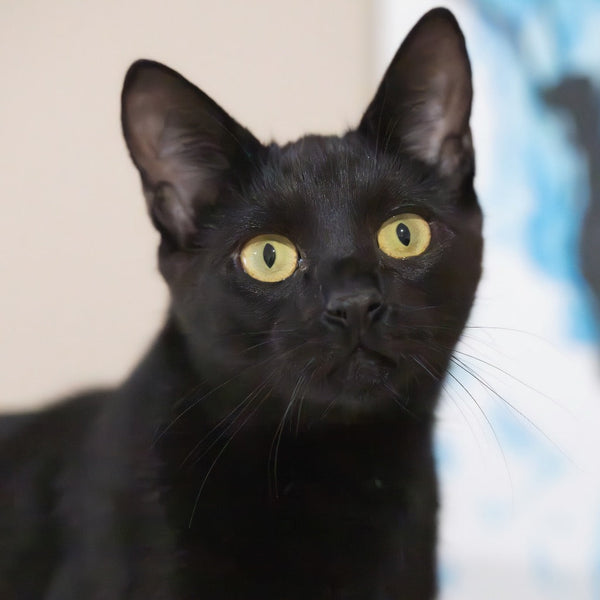Cockatiels have been a family favorite household pet for many decades. They are one of the most common pet parrots, alongside with budgies and lovebirds. Cockatiels are a small species of parrot, native to Australia. They are attractive, friendly and easily tamable comparable to conures and other similar sized parrots.
Colorful Choices
Cockatiels are most notable for having a retractable crest on the tops of their head, like a cockatoo. It is no coincidence, cockatiels are a member of the cockatoo family. Just like budgerigars and other parrots, cockatiels have a variety of color mutations. Some of the most common types are:
- Grey cockatiel (most common)
- Cinnamon cockatiel
- Pied cockatiel
- Pearl cockatiel
- White-faced cockatiel
(Pictured right: white-faced cockatiel)
For a healthy bird, a brighter, more vivid coloration will indicate a male cockatiel.
Cockatiel Diet
A cockatiels staple diet is, of course... SEEDS!! Yes, of course a special blend of seeds specifically for cockatiels is a large portion of a cockatiels diet. The most important aspect of any healthy cockatiel diet is variety. Pelleted diets are often a good choice for birds as they are nutritionally balanced and they can't play favorites with their seeds. In addition to seed/pellets, cockatiels require fresh fruit and vegetables* every day! Offer water daily and keep food/water dish clean at all times. Pisces Recommends: Zupreem Sensible Seed Bird Food for Medium Birds.
Caging Your Cockatiel
Cockatiels should be kept in a wire cage designed specifically for birds, at least 19″x 18″x 24″. Always go with the largest cage you can afford or accommodate in your home. The bottom of the cage should be covered with gravel paper deigned for bird cages, or corncob bedding. Avoid newspapers, the ink can make the bird sick if he shreds the paper or ingests any of the paper. Always provide a variety of perches, in different shapes, size and texture! This will provide your cockatiel with mental stimulation and exercise. If your birds toes are overlapping, the perch is too thin! Pisces recommends: Living World Knot-A-Rope. Make certain to provide a cuttlebone and lots of toys, cockatiels love to play!
Behavior
Cockatiels have a reputation of being a gentle and docile bird, they often enjoy being held. Like other medium sized parrots, they are very tamable with proper training and enough time spent with one another. They are capable of mimicking speech, however not as clear as other parrots like Budgies, African Greys, Amazons or Cockatoos. Use positive reinforcement with treats when train your cockatiel (Pisces recommends Higgens Sunburst Millet Bites). On the flip side, they are master whistlers and can often be taught to whistle tunes and melodies! Click here to watch a video of a cockatiel whistling a tune! Male birds are though to be better at mimicking speech and whistling. Pairs of cockatiels make good company for each other, But will not bond as well with you, the owner.
Grooming
Cockatiels need moisture to soften the sheaths of their quills, which allow new feathers to grow in straight and strong. Cockatiels can get feather disorders caused by feathers becoming too dry. Use a gentle spray bottle, birdbath, or small trickle in your kitchen sink to dampen feathers. Make sure the bird is kept free from drafts and is allowed to completely dry before roosting at night. Cockatiels should have access to bathing, at least every 2nd day.
Eventually, your cockatiel is going to need its nails and wings clipped. Pisces Pets Emporium offers this service, free of charge! Simply call us at 403-274-3314 and book your appointment! Clipping their wings can actually aid in taming the bird to sit on your hand. This can also prevent your Cockatiel from getting itself into troubling situations!




